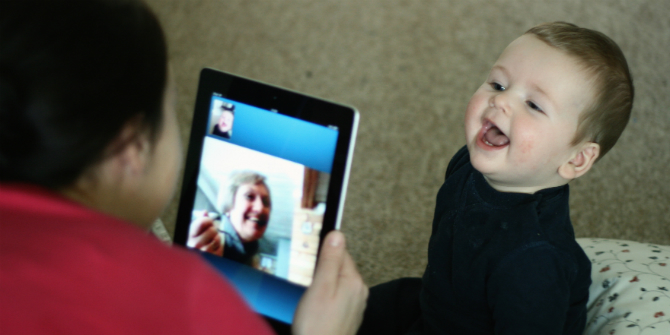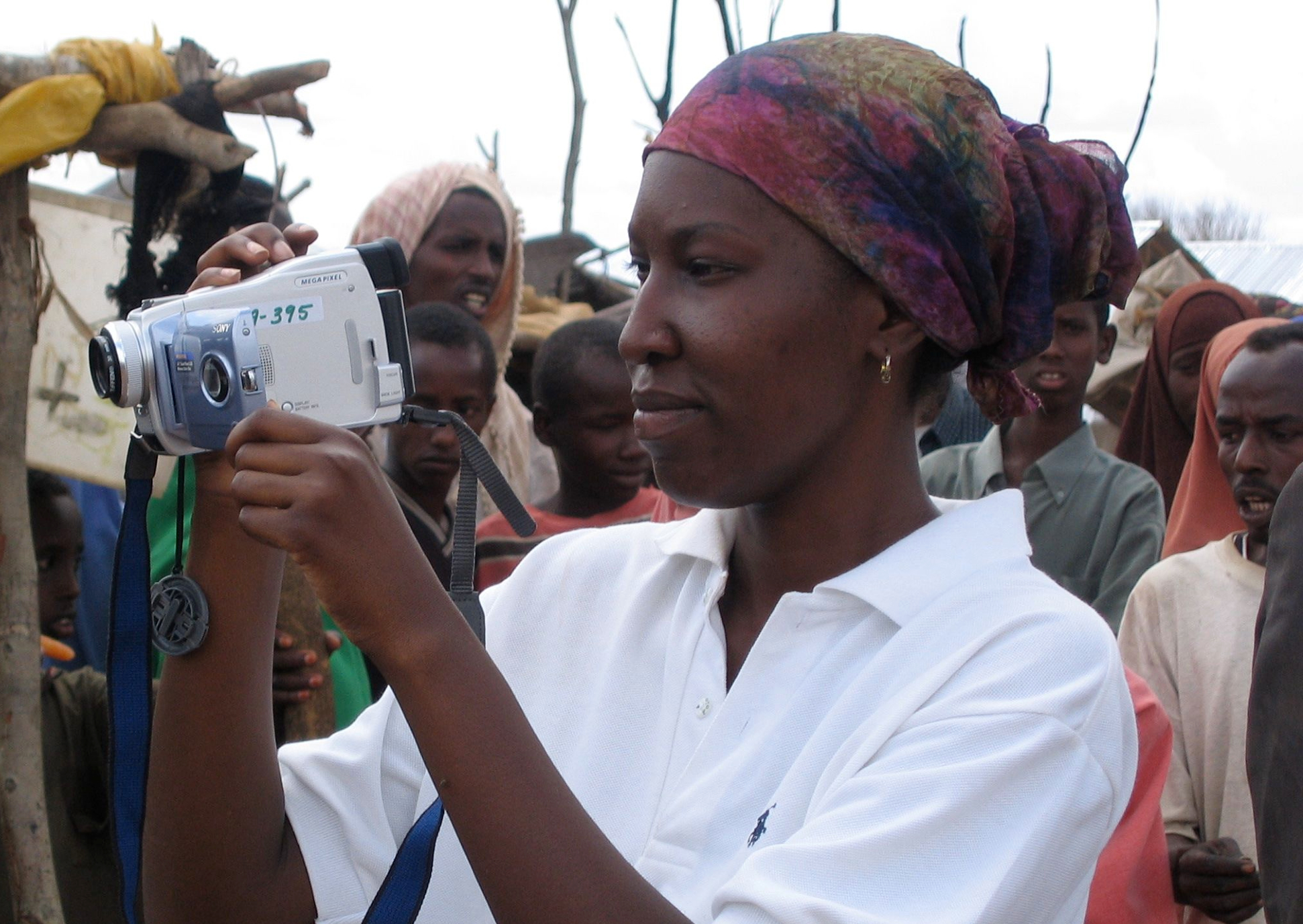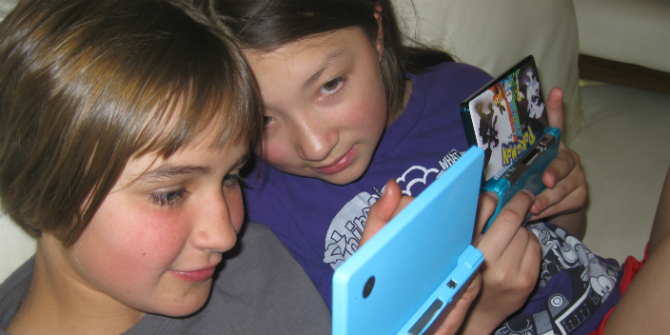[Header image credit: I. Turk, CC BY-NC-ND 2.0]
As the year winds to a close we look back and we look forward. Back, to the posts and debates we’ve recently shared questioning the legal ramifications of sharenting, whether children should learn to code, and how to tell your child’s school to check the evidence if they tell you tech is to be uncritically avoided or embraced. We shared examples of great media and digital literacy resources from around the world – from an Australian digital driver’s licence to how to educate kids about ‘fake news’ or using familiar characters to introduce ideas about online privacy.
We have considered the policy context of services for children in Europe, understood trends in US children’s uses of technology (away from TVs and towards screens, but engaging with much of the same content), and how a global view challenges the idea that all contexts of use, or policy contexts, are the same. Finally, we are reminded that some people and groups experience particular vulnerabilities but also opportunities when it comes to life online, whether it is how ‘social fathers’ use the internet to the benefits and challenges of digital life for ‘looked after’ children and their carers.
We look forward, also, to some of our own ‘relational loafing’ with friends and family over the holidays. Lest you imagine us fully escaping to wrangle small children (Alicia) or on wintery walks (Sonia) or travelling to Wales with friends (Jenn), we can assure you we’ll also be hunkering down and crunching numbers from our nationally representative survey of UK parents and working on the book from Parenting for a Digital Future (Oxford University Press). Watch for announcements about both in the new year by subscribing here. You can also view the highlights of the Global Kids Online project, or subscribe for more news here.
We leave with you with a review of some of the expert advice we’ve shared this past year from, including from Devorah Heitner (drawing on her book Screenwise), Yalda T. Uhls (from her book Media Moms and Digital Dads) and Anne Collier (of NetFamilyNews and iCanHelpLine) and our own suggestions for how to balance ‘screen time’. We will continue to post over the holidays, but in the meantime we wish you joy and connections – digital and non – in the coming weeks.
If you don’t already subscribe to our blog, please click here
This post gives the views of the authors and does not represent the position of the LSE Parenting for a Digital Future blog, nor of the London School of Economics and Political Science.





